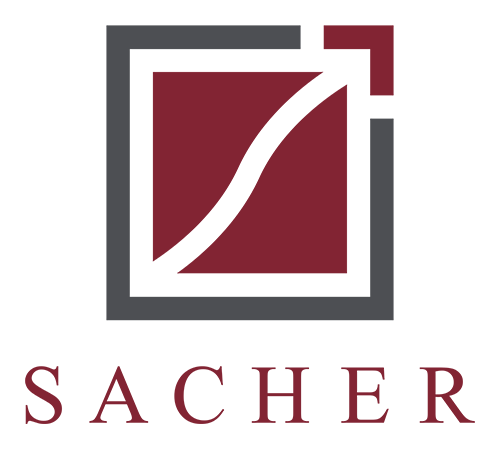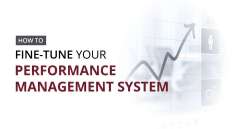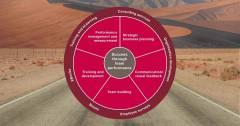Organizations throughout the world are undergoing extraordinary change. Advances in information technology, the changing labor force, and global competition are affecting the way both small businesses and large corporations operate. And the changes are not restricted to the private sector. The move towards privatization means more governments are adopting practices previously the preserve of private industry. Contracting-out services and the formation of new business alliances must be managed effectively.
The globalization of world markets is facilitated by the ease with which buyers and sellers can now find each other. Never before has the communication technology been in place to aid business transactions on such a scale, and this technology is set to become even more sophisticated in the future.
Customer demands will be hampered less and less by the absence of information about the range, quality, cost, quantity and timeliness of the goods that can be provided by prospective suppliers. Customer expectations have been rising proportionately with the growing capacity of suppliers to deliver the right amount of quality goods and services at the right cost, on time, every time. So the competition is intensifying for customers’ hearts, loyalty, and dollars.
Simultaneously, employee expectations have been rising. More and more, they are demanding quality of working life, greater meaning in their work, autonomy, and a small organizational team to which they can belong. This organizational team would serve as the organizational equivalent of the family unit. The most competitive organizations have incorporated the best aspects of home life into the workplace.
Today, organizations of all sizes are faced with a stark choice – adapt or go out of business. Those organizations that can’t accommodate the competitive pressures that will be placed on them by all stakeholders, but especially customers and employees, will be shut down. On the other hand, those organizations that can create winning cultures, that can provide what we describe as total stakeholder satisfaction, will survive and thrive.
Success means different things to different people – job satisfaction, job security, more money or an ideal lifestyle. Whatever success means to you or your organization, it can only be achieved through team performance, executed one day at a time.
The secret to greater productivity is getting the basics right, and to quote Michael Jordan, the basketball player :
Fundamentals were the most crucial part of my game in the NBA. Everything I did, everything I achieved, can be traced back to the way I approached the fundamentals and how I applied them to my abilities. They really are the basic building blocks or principles that make everything work. I don’t care what you’re doing or what you’re trying to accomplish; you can’t skip fundamentals if you want to be the best. But some guys don’t want to deal with that. They’re looking for instant gratification, so maybe they skip a few steps. It’s like they’re so focused on composing a masterpiece they never master the scales.
The basic components of team performance are simple, commonsense elements strongly evident in all high-performance teams. All teams will have the components to some degree, but the better developed these components are, the better the team’s performance. These key components must be examined, and opportunities to improve them sought. However, don’t fix what is not broken – only work with those components of team performance that need improvement.
Once identified, an environment or culture in which the basic components can be implemented can be created. These essential components can then be systematically built into everyday activities, ensuring that performance is continuously improved. The philosophy is simple: do the basics as best as you can, all of the time, and you will inevitably improve. With these basics anchored into the workplace environment or culture, performance will continuously improve, and the improvements will be sustained in the long term.
Sacher Associates has identified what we call the ten fundamental or essential components of team performance. These are a unified sense of direction, strategy, outputs and performance measures, targets, performance feedback, communication, skills/knowledge, systems and processes, structure and job design and reward systems.
During the year we will be covering these components in more detail, as we do every year, and we invite you, as always, to follow us on this journey. It can be supplemented by our best selling What do I do on Monday morning? which allocates one month of the year to each component.
References and additional information can be provided on request, and questions are welcome. This email address is being protected from spambots. You need JavaScript enabled to view it.
TALK TO US ABOUT HOW WE CAN HELP YOUR BUSINESS
Book an obligation free clarity call to discuss our programs and your requirements.
Online Access, on our Learning Management System, or yours, to all five Sacher Associates courses:
- A Commonsense Approach to Business Planning
- Performance Measures Applied
- Performance Linked Communication
- Success Through Team Performance
- Performance Linked Learning
Discover how we can help your business increase productivity and improve performance:
- Discussion on consulting requirements
- Diagnostic review of your company
- Multiple User Access
- Access to Sacher Associates exclusive closed Facebook Group
- Customised courses and delivery solutions








